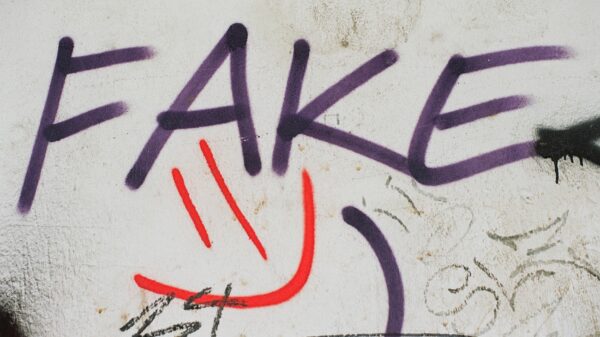The Competition Commission of India (CCI) must carry out "effect analysis" to prove abuse of dominance in antitrust cases, the National Company Law Appellate Tribunal (NCLAT) noted in its order upholding CCI's antitrust decision against Google issued on March 29. The order states that: "For proving abuse of dominance under Section 4, effect analysis is required to be done and the test to be employed in the effect analysis is whether the abusive conduct is anti-competitive or not." — NCLAT The NCLAT ruling essentially requires CCI to prove that abusive conduct alleged under Section 4 of the Competition Act, 2002 (which deals with abuse of dominance), is anti-competitive, i.e. it has an adverse appreciable effect on competition. In other words, the regulator cannot claim abuse of dominance merely based on abusive conduct. The abusive conduct needs to have caused an adverse appreciable effect on competition. Why does this matter: It's a setback for CCI and has an impact on all cases (including Big Tech cases) pending in front of CCI, as the regulator will now have a tougher time not only proving whether or not a company has engaged in abuse of dominance, but also need to prove that the abusive conduct is anti-competitive. This could delay investigations, especially in digital markets, where abuse of dominance is harder to prove. Until now, CCI carried out effect analysis in some cases but not in others. The NCLAT ruling requires CCI to carry out this analysis in all cases. A few things to…





























